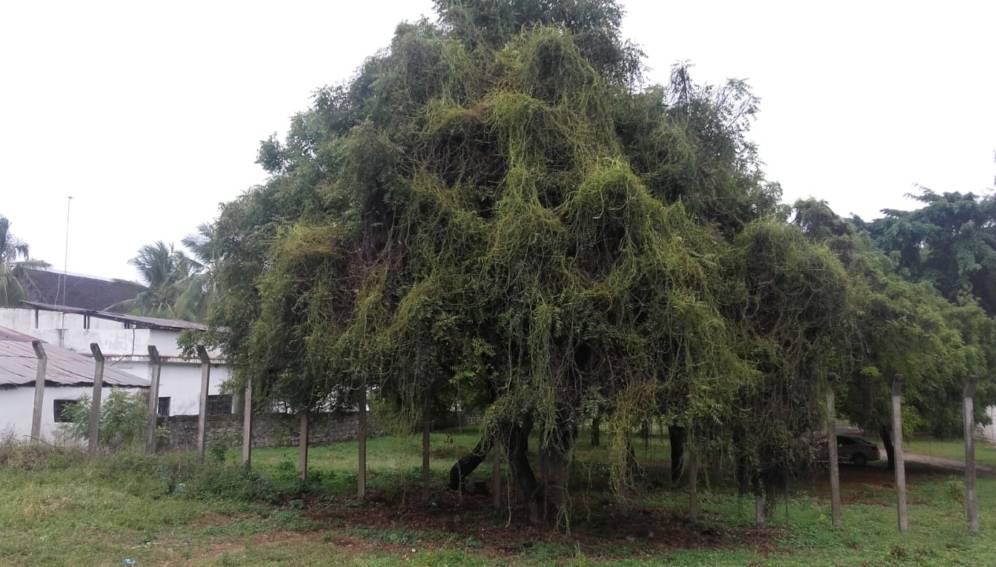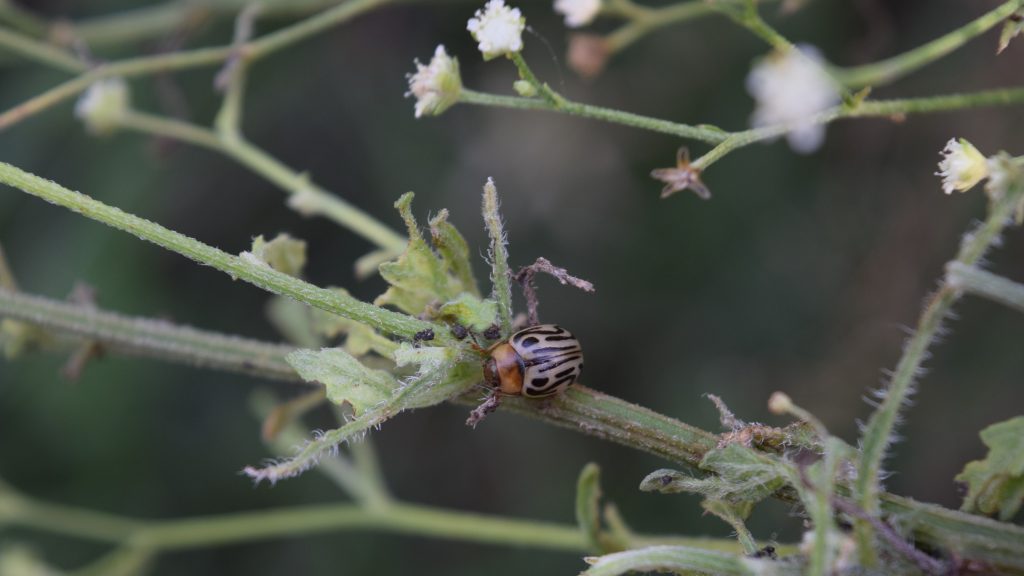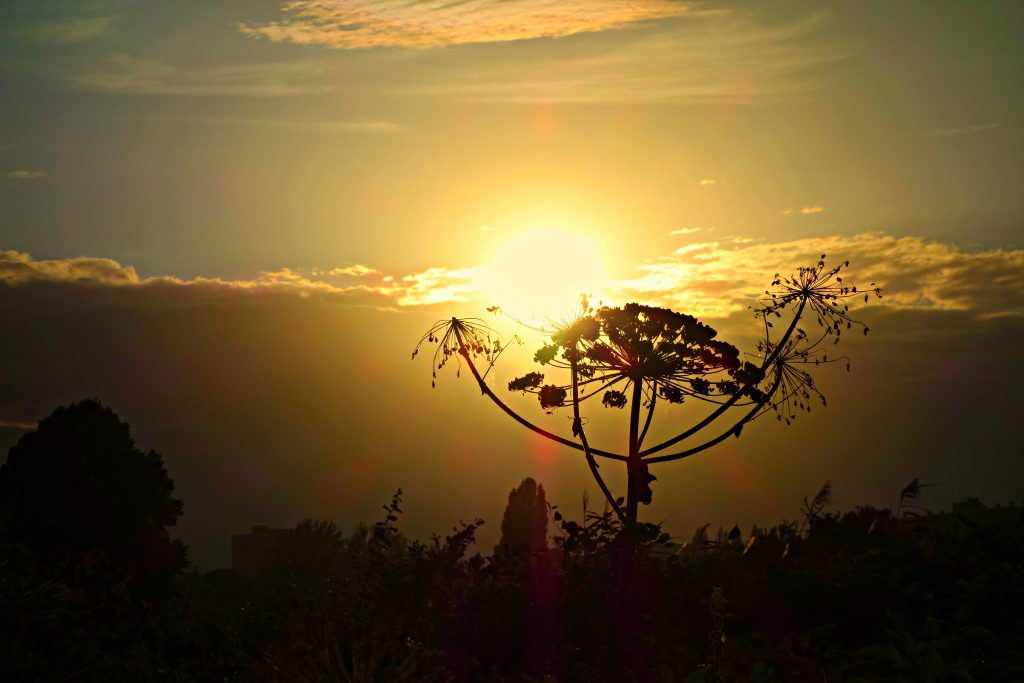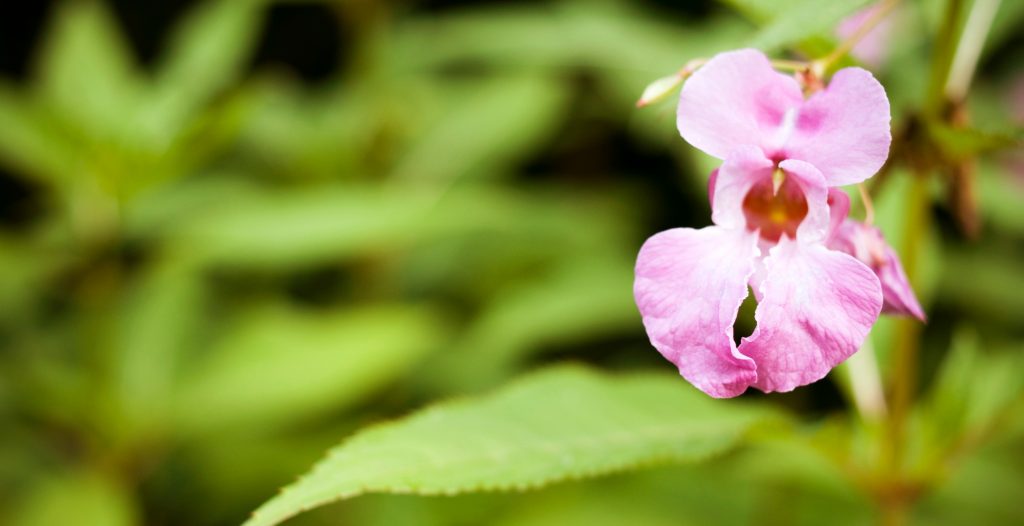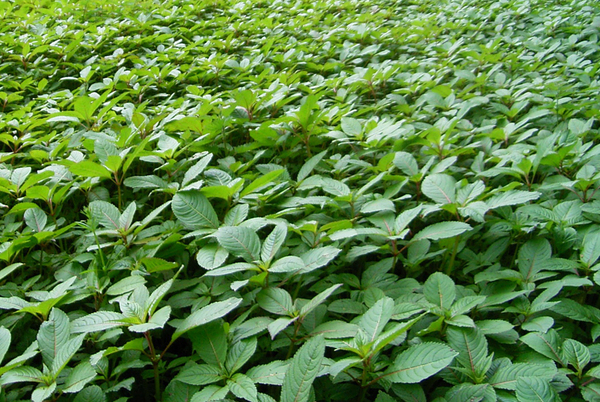Invasive weed could cut crop yields by 30 per cent
By Nicholas Okeya. Originally published on SciDev.Net. A dangerous invasive alien weed known as field dodder could be a serious menace to agriculture and biodiversity across Sub-Saharan Africa, and reduce crop yields, scientists say.
Dangerous waterweed spreading in Southern Africa
By Baraka Rateng’. Reblogged from SciDev.Net. A dangerous waterweed is spreading across water bodies in Southern Africa and could soon strangle life-supporting services such as fishing if it is not controlled, a scientist says. The waterweed called Limnobium laevigatum or South American sponge plant floats on water bodies and has the potential to invade other plants and decrease biodiversity, according…
CABI shares expertise at workshop concerned with threat of invasive species to Gibraltar
Dr Pablo González-Moreno, one of CABI’s senior researchers with expertise in invasive plant ecology, has joined a workshop of international scientists concerned with investigating the invasive non-native species that pose the greatest threat to Gibraltar’s terrestrial and marine environments.
Action on Invasives short course on classical weed biological control
Invasive species pose a serious threat to food security, biodiversity, water resources, human and animal health, and economic development. It is widely acknowledged that integrated control is the most effective strategy in managing invasive plants where it involves the use of herbicides, manual or mechanical control, and biological control agents in an integrated way. Last…
Giant Hogweed: Biology, Impacts and Management
Edited by Corin Pratt and Marion Seier. Giant hogweed (Heracleum mantegazzianum) is a monocarpic perennial herb, native to the Caucasus region. Since the late 1800s, giant hogweed has spread extensively across Europe and in eastern and western parts of North America following its likely initial introduction to the continent as an ornamental curiosity as early…
Himalayan Balsam: Cause or Associate of Soil Erosion?
Himalayan balsam (Impatiens glandulifera) is a non-native annual plant that was introduced into parts of Europe during the mid-nineteenth century as an ornamental plant for parks and gardens. This plant species was first recognised as an invasive species and a threat to ecological stability in the 1930’s. However, since then the problem has escalated and…
Invasive plants to devastate annual wildebeest migration
According to new research, scientists found that a number of invasive alien plant species initially introduced as ornamental plants at tourism facilities are now spreading rapidly throughout the Serengeti-Mara ecosystem, posing a major threat to wildlife, including the annual wildebeest and zebra migration as well as a range of other plant and animal species.
A fifth of the world’s plants under threat, as report says 391,000 species now known to science
Dave Simpson – 11 May 2016 A ground-breaking report from the Royal Botanic Gardens, Kew, has produced an estimate of the number of plants known to science. By searching through existing databases, the researchers have estimated that there are now 390,900 known plant species, of which around 369,400 are flowering plants. But this figure is…
New in November and December 2015 from the ISC
In November and December 2015 the following datasheets were published on CABI’s Invasive Species Compendium (ISC). You can explore the open-access ISC here: www.cabi.org/isc. Cotoneaster horizontalis (wall-spray) C. horizontalis is a woody, perennial, deciduous or semi-evergreen shrub with horizontally spreading branches, native to parts of China. It is an attractive garden plant with bright red berries…
Green Invasion: Destroying Livelihoods in Africa [Video]
CABI, together with Tmax Productions, have produced a video called the ‘Green Invasion – Destroying Livelihoods in Africa.” The short film (approx. 7mins long) details how invasive weeds are impacting on the lives of rural communities in East Africa. Although a large number of non-native species have become invasive in the region, this film focusses on…
- « Previous
- 1
- 2

